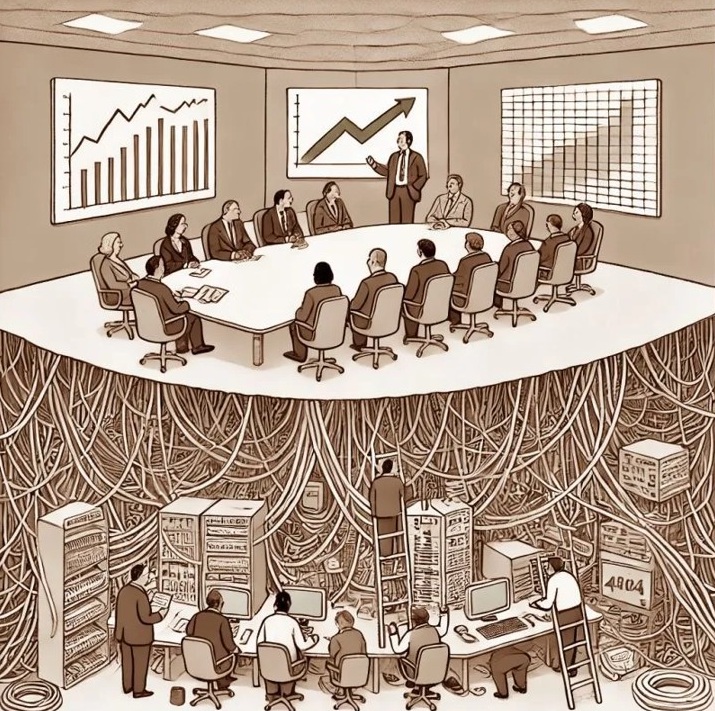Digital computers have been making it easier for us to process information for decades. Quantum computers are poised to take computing to a whole new level. Quantum computers represent a completely new approach to computing. While they won’t replace today’s computers for decades, by using the principles of quantum physics, they will be able to solve very complex statistical problems that today’s computers can’t. Quantum computing has so much potential and momentum that it is recognized as one of the next big trends in technology, with the hardware and software required to handle the most complex problems not being generally available until 2035 or later. It is best suited for complex problems like simulating quantum systems in nature, optimization, and cryptographic encoding and decoding. Most companies’ initial foray into quantum computing will be through cloud access. Leading hyperscale cloud providers and specialized startups offer this service today. Some of the most notable ones include IBM, Google, Amazon, and Microsoft. These supercomputers offer a path to fitting a million qubits on a single chip. All the computers in the world today operating together can’t do what a single 1-millioin-qubit quantum computer will be able to do. These new computers could encrypt data, discover new drugs, and tackle complex issues in healthcare and engineering.
Candidates will understand the current and emerging application and impact of quantum technologies. Topics include the current/emerging industry implications and state of development and production of quantum hardware, software, and other products and services that make use of quantum mechanics. Candidates will be exposed to a variety of industry specific and general business software solutions for quantum computing, with a focus on development tools and programming languages, as well as the advancement of quantum consulting services. The course begins with an overview of traditional and quantum computing and quantum physics, followed by a study of the algorithm construction process. A more advanced and technical quantum computing course will dig deeper and require greater knowledge of math, coding, and data science.










